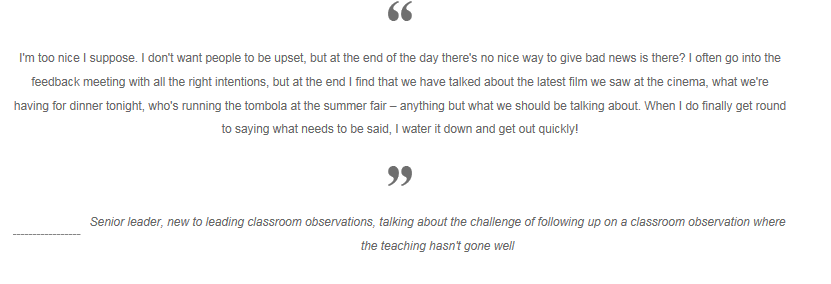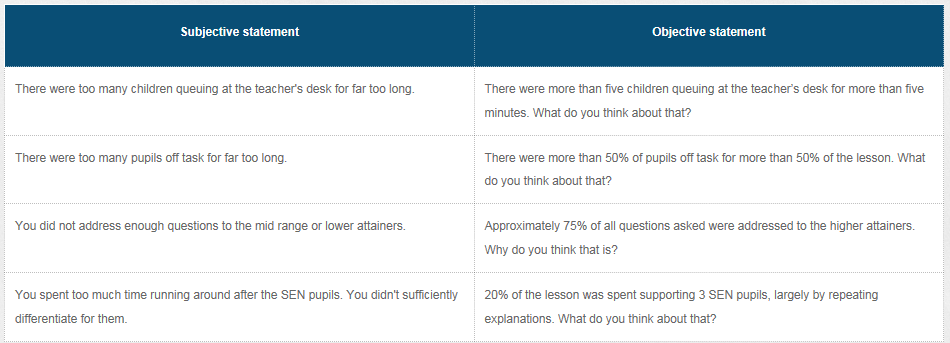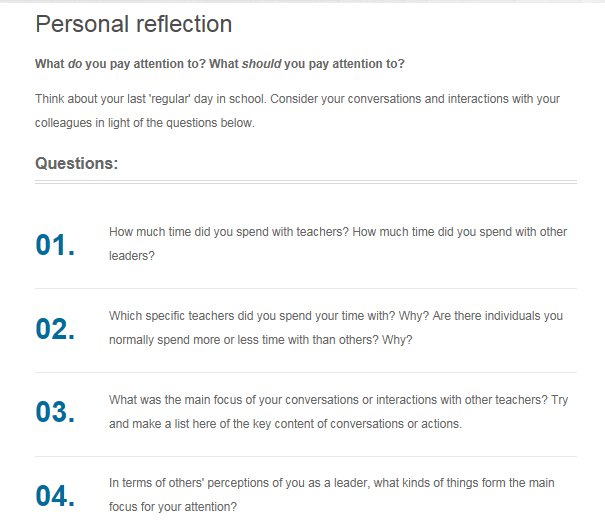![]() Way back in January, I had the pleasure of joining the LearnPad team at the Bett Show in London. It was a fantastic experience, not least because of all I learned while I was there.
Way back in January, I had the pleasure of joining the LearnPad team at the Bett Show in London. It was a fantastic experience, not least because of all I learned while I was there.
One of the most exciting developments I learned about was the ClassBoard app: it’s a free app/website which allows you to create a feed of photos to share securely with your parents and children outside of school. We use LearnPads in school, so for us, it was an obvious choice to sign up to the app. However, it’s free to other schools too and is incredibly simple to use.
I took the app into school to show the SLT, and they were immediately interested. We have been working hard to engage our parents, by keeping them up to date with what we are doing and by inviting them in, but the ClassBoard app seemed a simple way to show parents what is going on day-to-day.
We launched the app a few weeks ago, and after a couple of technical hitches (note to self – do not delete photos from the ClassCloud – it’s linked to the ClassBoard so they all disappear!), we are now up and running. The app itself is incredibly simple to use: it just takes a couple of clicks to upload photos and add a description, and you share the secure access code with the parents so they can view the photos at home. For me, the hardest part is getting into the habit of taking photos to share: for our colleagues in Reception, this perhaps comes more naturally, but the rest of us need reminding to keep a camera or a LearnPad close at hand to take some snaps!
So far, we have used the app to showcase work and displays, to record special events, to celebrate team successes and to just show day-to-day activities. I have also used it to share links to Dropbox folders with the children’s computing work in (so far, these have just been text and images rather than hyperlinks), which was great for enabling the children to show off animations and ebooks at home. The possibilities are endless.
I was initially apprehensive as to whether parents would engage with the app or not, but a survey last week showed overwhelmingly that our parents are enjoying seeing our photos. At the moment, I don’t think we are using it to its full potential, but this will come as we get used to taking photos. The parents have come up with many really useful suggestions for how the app can be improved, but even as it is now, it is a great way of initiating conversations at home – my son apparently does “nothing” at school each day, but having a photo or two as a starting point for discussion would be great to find out more about what he really has been up to.
I love the app, and it seems our staff and parents do too. As we find new ways to use it, its potential can only continue to grow.
The ClassBoard app is available in the App Store or Google Play Store. Alternatively, you can view your schools’ feed online at classboard.school – use the login code 21718D to see some examples on the LearnPad Education ClassBoard.


 Probably, for most reading this, this image is completely obvious. But it wasn’t to me – no-one ever teaches you how to observe or how to feed back findings. My next observations will be different, and hopefully more productive.
Probably, for most reading this, this image is completely obvious. But it wasn’t to me – no-one ever teaches you how to observe or how to feed back findings. My next observations will be different, and hopefully more productive.
